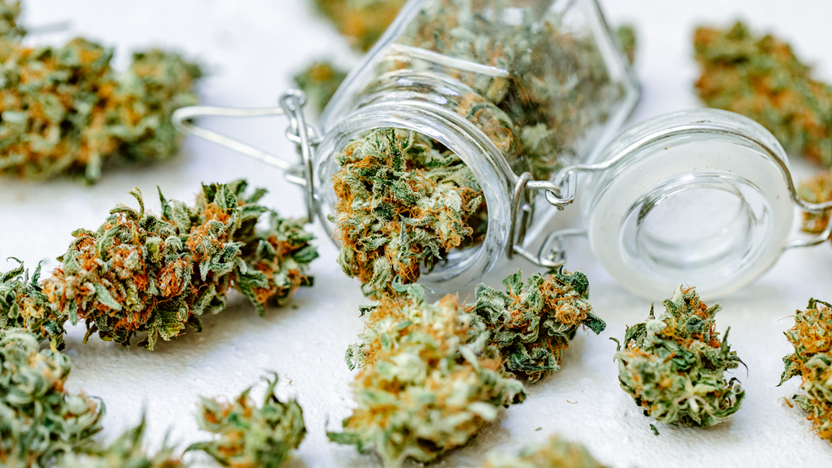The rise of interest in cannabinoids has introduced many to the lesser-known but profoundly advantageous compound, THCA (tetrahydrocannabinolic acid). Often overshadowed by its more recognizable relative, THC, THCA offers a different spectrum of benefits worthy of attention. Found in raw, unheated cannabis, THCA is capturing the spotlight for its unique potential. But why is this raw cannabinoid gaining such traction, and what benefits does it provide? Here’s everything you should know about the power of THCA Flower.
Understanding THCA and What Makes It Unique
To fully appreciate the potential of THCA flower, it’s important to first understand what THCA is and how it differs from its better-known counterpart, THC. Simply put, THCA is a precursor to THC. It is the compound naturally found in raw cannabis before exposure to high temperatures like smoking, vaping, or cooking (a process known as decarboxylation). When cannabis is heated, THCA transforms into THC, the psychoactive compound responsible for producing a “high.”
However, in its raw, unheated form, THCA does not have psychoactive properties. This lack of intoxicating effects makes THCA an appealing option for those who wish to experience the potential benefits of cannabinoids without the mind-altering effects often associated with THC.
The Benefits of Using THCA Flower
THCA flower isn’t just about avoiding psychoactive effects; it offers a wide range of benefits tied to its unique properties. Researchers and enthusiasts alike are beginning to recognize its potential for health and wellness applications. Here are some of the most notable advantages:
- Anti-inflammatory Potential
One of the most studied benefits of THCA is its ability to combat inflammation. For individuals experiencing chronic inflammatory conditions, THCA may provide a natural and effective option for relief. Conditions like arthritis, Crohn’s disease, or lupus could benefit from the anti-inflammatory properties of this raw cannabinoid.
- Neuroprotective Qualities
Emerging evidence suggests that THCA may act as a neuroprotective agent, helping to support and maintain brain function. This has led to growing interest in its potential for managing conditions such as Alzheimer’s, Parkinson’s, and other neurodegenerative diseases by preventing neuronal damage and promoting brain health.
- Anti-nausea and Appetite Stimulation
Studies indicate that THCA may assist in reducing nausea while stimulating appetite. For those undergoing treatments like chemotherapy or struggling with conditions such as cachexia or eating disorders, this capability can make a significant difference in improving quality of life.
- Pain Relief
Chronic pain affects millions of individuals worldwide. Preliminary research highlights THCA’s potential as a natural pain-relief agent. This makes it an attractive option for those seeking plant-based alternatives to conventional pain management medications.
- Antioxidant Properties
THCA is also recognized for its antioxidant characteristics, which can help neutralize free radicals in the body. This may help reduce oxidative stress and support overall health. Antioxidants are especially important in maintaining a healthy immune system and preventing the development of certain chronic diseases.
- Muscle Relaxation and Cramping Relief
Individuals suffering from muscle cramps or spasms may find THCA highly effective. Its muscle-relaxing properties can alleviate discomfort, offering support for conditions like multiple sclerosis or even post-workout soreness.

